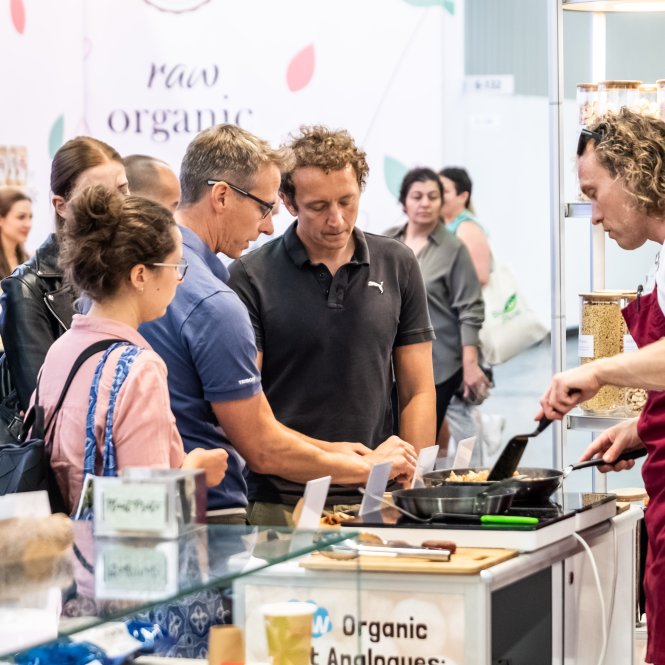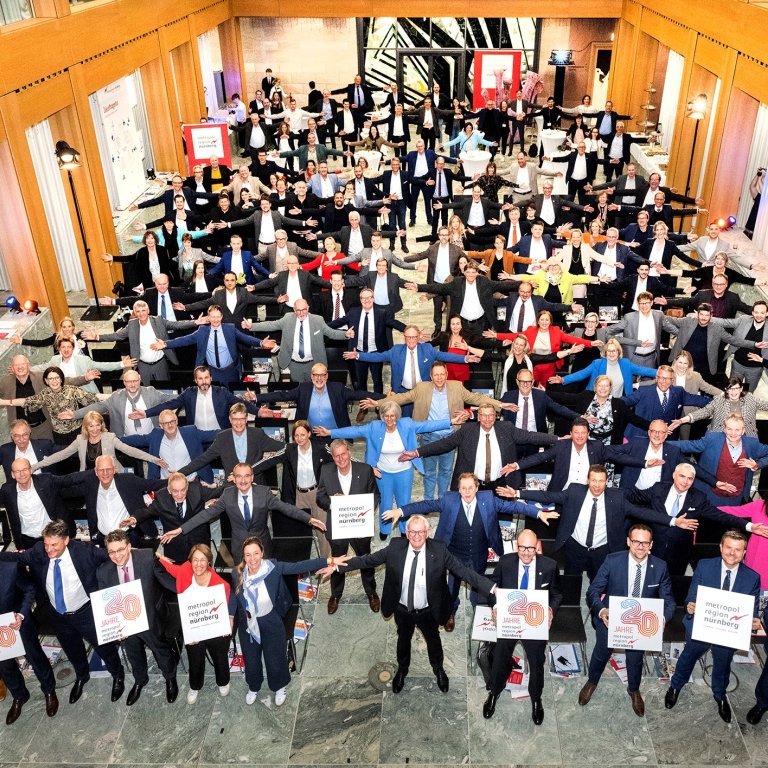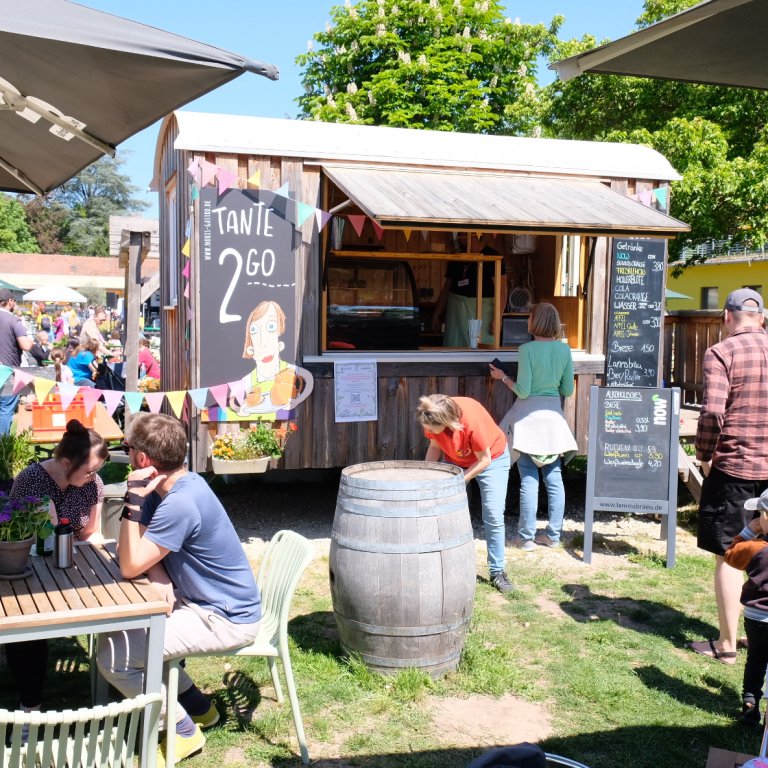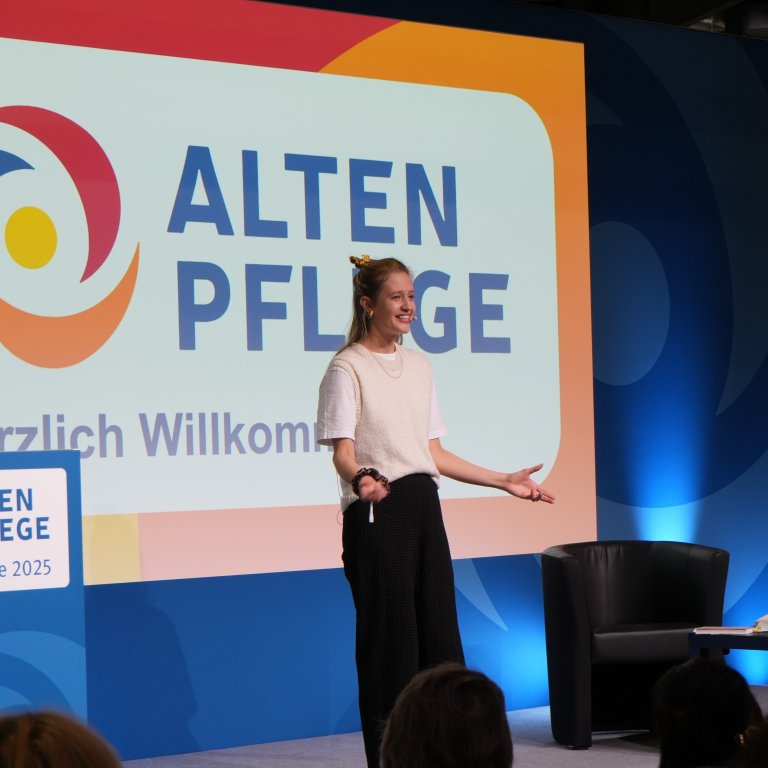

As the united voice of organic agriculture, IFOAM Organics Europe represents the interests of organic farms at the EU level. "We represent the daily reality of organic farms in Brussels," says its director Eduardo Cuoco on its 20th anniversary. With nearly 200 members in 34 European countries, IFOAM Organics Europe's work extends to the entire organic food chain.
Growth at all levels: In 2020, the total organically farmed area in the EU increased to 14.9 million hectares, representing about 9.1% of the EU's agricultural land. Compared to 2019, the number of organic producers in the EU grew by 1.6% to 349,499, and the organic retail market recorded a record growth of 15.1%, representing the second largest market after the US, followed by China, with 44.8 billion euros.
The continuous positive development of the very dynamic organic market in the EU is something Eduardo Cuoco wants to continue: "We often work with NGOs and industry associations and thanks to our good relations with all EU bodies we have great influence, but the challenges are huge."
We are currently experiencing a time of decisions affecting the future of agriculture. Such as the legal framework for "new genomic techniques" (NGTs) that the European Commission wants to create. It's about protecting organic food systems. There were 70,894 responses to this in fall 2021, and 2,300 EU citizens, companies and associations took part in the subsequent 12-week consultation from April to July 2022. However, the Commission's adoption is not scheduled until the second quarter of 2023. "We have already expressed our concerns," says Eduardo Cuoco, "the current flawed approach of the European Commission is a worrying sign."
We are the united voice of organic, representing the daily reality of organic farms in Brussels.
Another regulatory framework is set out by the Farm to Fork strategy presented in 2020 as part of the EU's Green Deal in food: organic farming as a key sector, a 25% target for organic land within the EU by 2030, and the Organic Action Plan 2021 - 2027, which aims to increase both organic demand and supply. For IFOAM Organics Europe, it is crucial that this target is linked to the reform of the Common Agricultural Policy (CAP), the Biodiversity Strategy and other agricultural and food policies. "To create a more positive environment in which farmers and food businesses feel confident to make important investment decisions to meet consumer demand for products produced with a heart for people, animals and the planet," urges Eduardo Cuoco.
The CAP is currently on the move: The European Commission has approved the 2023 - 2027 strategic plans of nine countries by the end of September 2022 - Austria, Denmark, Finland, France, Ireland, Poland, Portugal, Spain and Luxembourg. There is a lot of money at stake and the future of the European organic movement. Funds totaling 270 billion euros will be allocated, with the seven approved plans accounting for about 120 billion euros, including more than 34 billion euros exclusively for environmental and climate targets and organic regulations. The remaining member states still need to make improvements to their plans.
Here, too, IFOAM Organics Europe put pressure on. "In letters to national ministries, we have urged member states to improve their plans and increase their environmental ambition," Eduardo Cuoco depicts, "so that together we can reach the targets of 25 percent agricultural organic land and 50 percent reduction of pesticides and antimicrobials."
Image credits:
NürnbergMesse/Thomas Geiger



